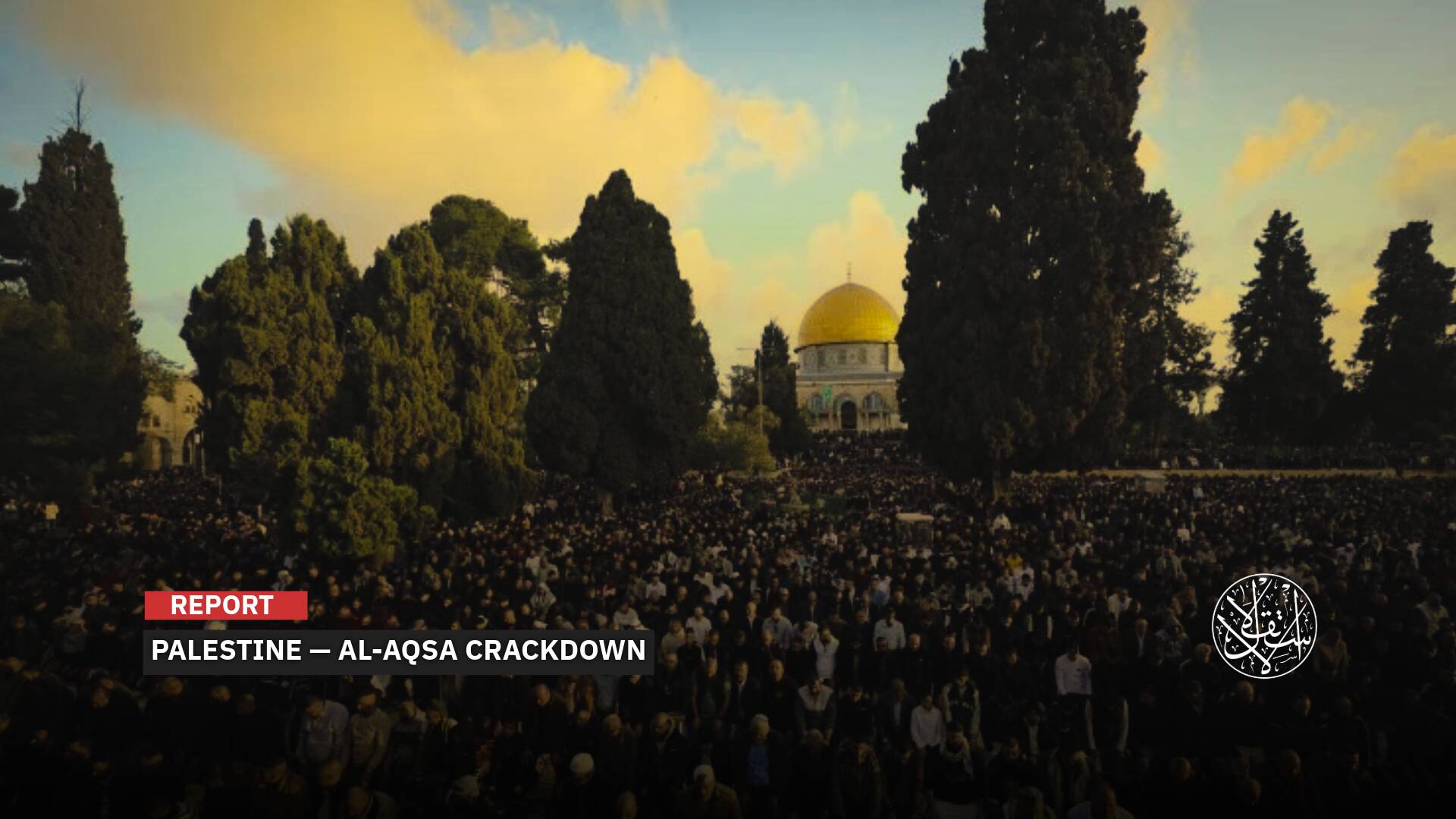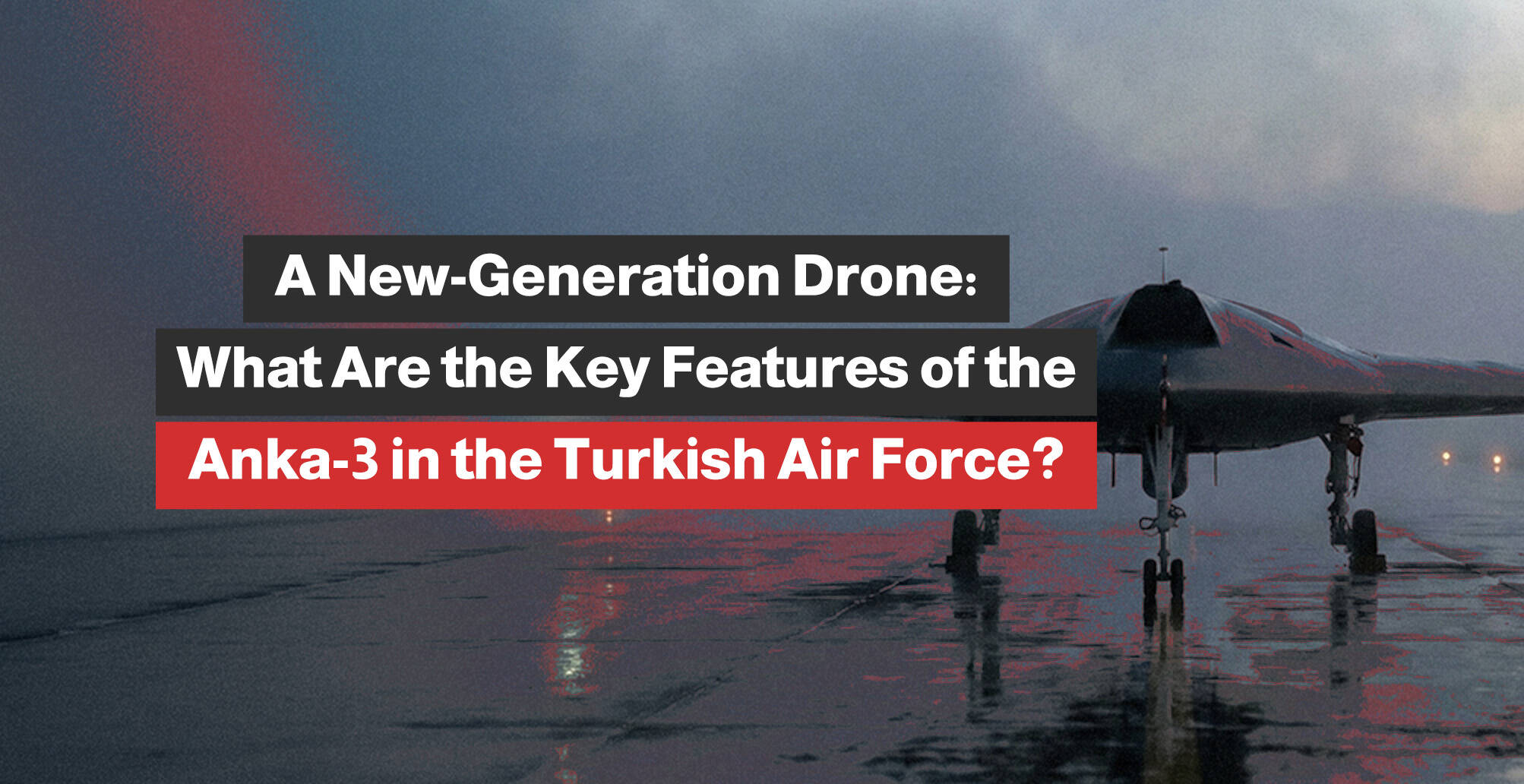What Would European Recognition of Palestine Mean for the Future of the Ongoing Genocide?
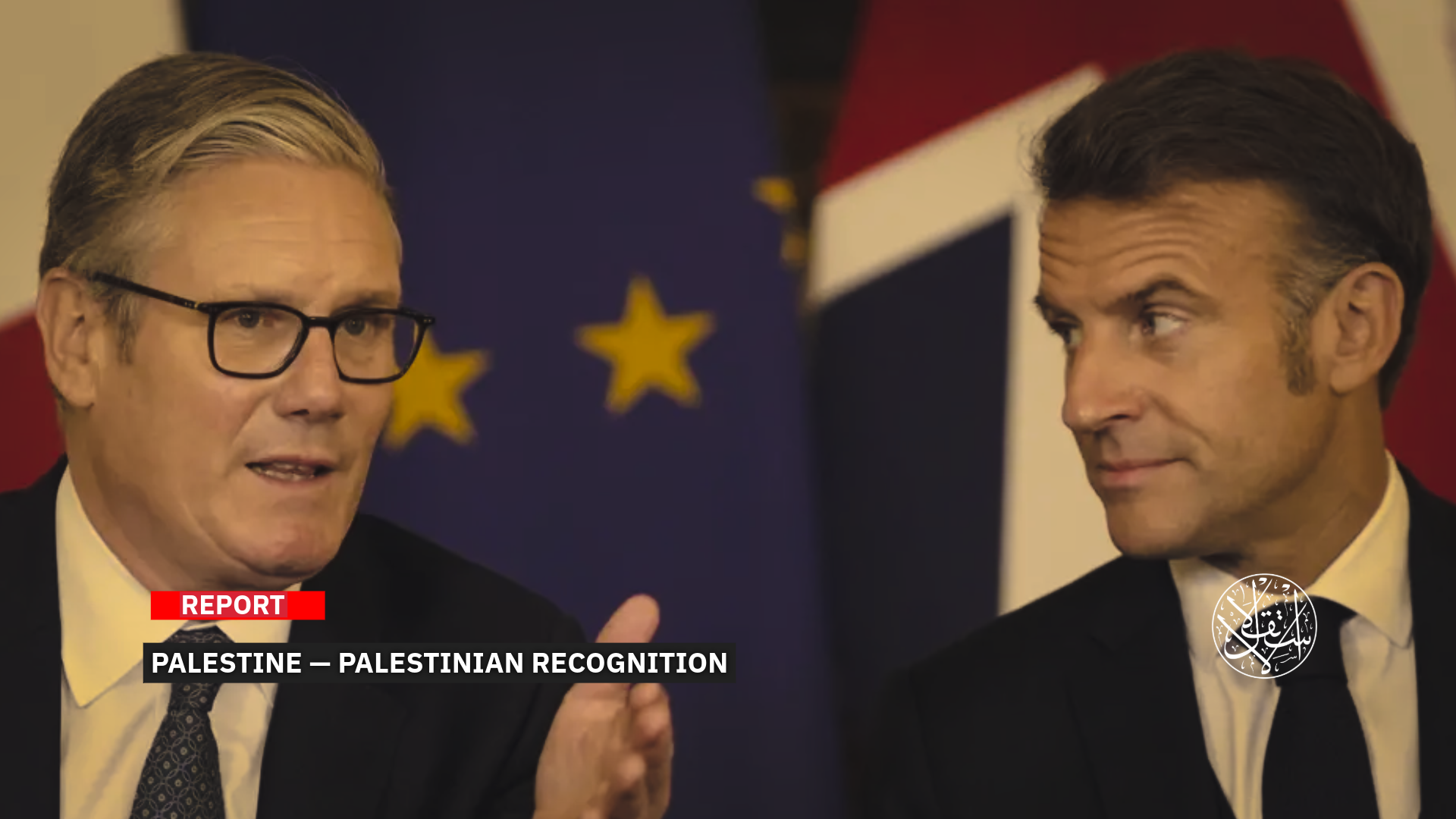
France and the UK are set to officially recognize the State of Palestine in September 2025.
A coalition of European nations is expected to formally recognize the State of Palestine in September 2025, in what is being described as a coordinated move aimed at increasing pressure on “Israel” to end its genocide in Gaza and to advance a comprehensive resolution to the war.
The announcement has sparked renewed questions about the effectiveness of the move, particularly given “Israel’s” ongoing rejection of a two-state solution and its continued plans to annex additional territory in the West Bank and Gaza. These developments are seen as major obstacles to the creation of a viable Palestinian state.
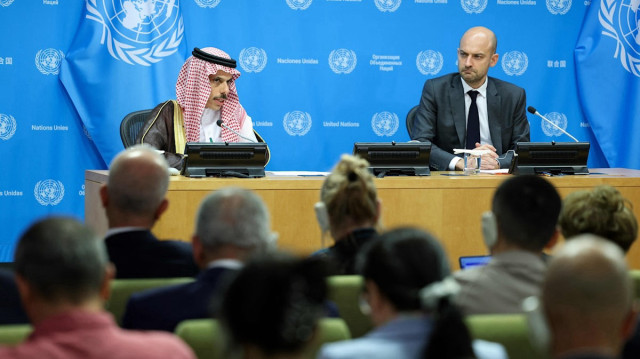
Rapid Developments
On July 30, 2025, France and 14 other countries issued a joint appeal expressing their intention to recognize the State of Palestine and urging more nations to follow suit.
"In New York, together with 14 other countries, France is issuing a collective appeal: we express our desire to recognize the State of Palestine and invite those who have not yet done so to join us," French Foreign Minister Jean-Noel Barrot wrote on X.
"We, Ministers of Foreign Affairs of Andorra, Australia, Canada, Finland, France, Iceland, Ireland, Luxembourg, Malta, New Zealand, Norway, Portugal, San Marino, Slovenia, and Spain, reiterate our unwavering commitment to the vision of the two-state solution," the French Foreign Ministry had said late Tuesday.
French President Emmanuel Macron announced on July 24 that France would formally recognize the State of Palestine at the United Nations General Assembly in New York this September.
The move was soon echoed by the United Kingdom. On July 29, Prime Minister Keir Starmer stated that Britain would follow suit, unless “Israel” takes specific actions.
Starmer tied the potential reversal of recognition to “Israel” taking concrete steps to allow humanitarian aid into Gaza, commit to the two-state solution, and halt plans to annex parts of the West Bank.
On July 23, the Israeli Knesset voted in favor of a proposal supporting the annexation of the occupied West Bank and the Jordan Valley, with 71 out of 120 members backing the motion. The Israeli government has also threatened to annex parts of Gaza as its military campaign continues.
Speaking at a press conference, British Prime Minister Keir Starmer said, “The Palestinian people have endured immense suffering. In Gaza now, because of the catastrophic failure of aid, we are witnessing infants starving and children too weak to stand, images that will stay with us forever. This suffering must end.”
Starmer noted that his government would monitor developments and make a final decision on recognizing the Palestinian state in September.
Starmer’s announcement came after he recalled members of his government from their summer recess to address the escalating crisis in Gaza, where a campaign of starvation and bombardment continues to claim dozens of Palestinian lives each day.
According to Gaza’s health ministry, the death toll has surpassed 60,000 since the start of “Israel’s” offensive in October 2023.
These developments coincide with the Two-State Solution Conference held at the United Nations headquarters in New York from July 28 to 30.
The high-level summit, chaired by Saudi Arabia and France, aimed to explore mechanisms for implementing the two-state solution and to galvanize international support for the recognition of a Palestinian state.
In its final communique, the conference called for “Israel’s” withdrawal from Gaza and its transfer to the Palestinian Authority “under the principle of one government, one law, one weapon.”
The statement underscored the urgency of recognizing the State of Palestine and granting it full United Nations membership.
It also stressed the “immediate need to end the war in Gaza, release hostages and detainees, withdraw Israeli Occupation Forces, reopen crossings, and lift the blockade.”
The concluding document reaffirmed commitment to the two-state solution, “Israel” and Palestine within secure and recognized borders, and noted that additional pledges from countries ready to recognize the Palestinian state would be included in the final agreement.
In 2024, three European countries, Norway, Spain, and Ireland, formally recognized the State of Palestine, joining a growing list of European capitals that had already taken the step.
Today, more than 140 of the 193 UN member states officially recognize Palestine, a state declared by the Palestinian leadership in exile in 1988.
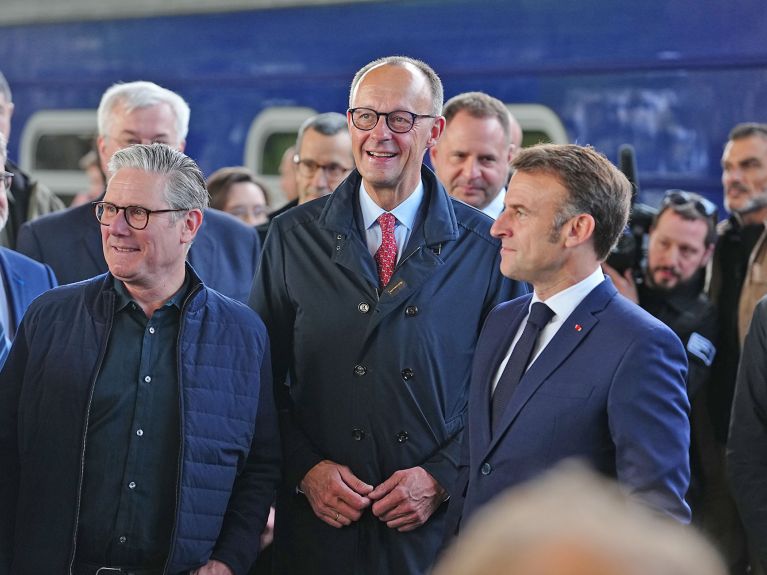
The Other Side
Elsewhere in Europe, influential nations have pushed back against the idea of recognizing a Palestinian state at this stage, citing its lack of territorial presence as a key concern, raising broader questions about the significance and timing of such recognition.
On July 26, Italian prime minister Giorgia Meloni expressed strong support for the establishment of a Palestinian state but stopped short of endorsing recognition before its actual creation.
In comments to La Repubblica, she warned that recognizing Palestine prematurely “could prove counterproductive”.
“If recognition is granted on paper to something that does not yet exist, the problem may appear solved when it is not,” Meloni added.
A day earlier, Italy’s foreign minister Antonio Tajani said that such a step must be accompanied by recognition of “Israel” by the new state.
Meanwhile, on July 25, the German government announced it had no plans to recognize a Palestinian state in the near future, emphasizing that its priority remained achieving “long-overdue progress” towards a two-state solution.
The statement added that “Israel’s security is of paramount importance to us,” noting that recognition of a Palestinian state would only be one of the final steps in a two-state solution.
It did not specify the measures required to achieve the two-state framework that must precede Palestinian recognition.
“Israel”, meanwhile, rejects the move, claiming that “a Palestinian state on Israel’s borders would have one goal: our destruction.” Its ongoing expansion and occupation in the West Bank and Gaza, including plans for annexation, continue to undermine the possibility of establishing a viable Palestinian state.
Israeli Prime Minister Benjamin Netanyahu described the Franco-British recognition move on X as a “reward for the brutal terrorism of Hamas,” alleging that “the presence of a jihadist state on Israel’s borders today will threaten Britain tomorrow.”
“The shift in the British government’s stance at this moment, following the French initiative and domestic political pressure, rewards Hamas and undermines efforts to reach a ceasefire in Gaza and a framework for the release of hostages,” he added.
Netanyahu and much of “Israel’s” political establishment have long opposed the creation of a Palestinian state, arguing that it would reward militant factions in the wake of the attacks on October 7.
The Palestinian Authority seeks to establish an independent state in the West Bank, East Jerusalem, annexed by “Israel”, and Gaza, territories occupied by “Tel Aviv” since the 1967 Six-Day War.
In 2005, “Israel” withdrew from Gaza under pressure from armed resistance, but it has since returned with plans for occupation and displacement following the Operation al-Aqsa Flood, rejecting any withdrawal or end to the ongoing war.
The two-state solution envisions the creation of a sovereign Palestinian state alongside “Israel,” with both Palestinians and settlers retaining their own lands.
One of the biggest obstacles remains defining the borders of a prospective Palestinian state, a task made increasingly difficult by ongoing Israeli settlement expansion.
Many believe the state should be established within the boundaries that existed prior to 1967. However, since then, “Israel” has built a growing number of settlements throughout the West Bank, where some 600,000 Israelis now reside, including in occupied East Jerusalem.
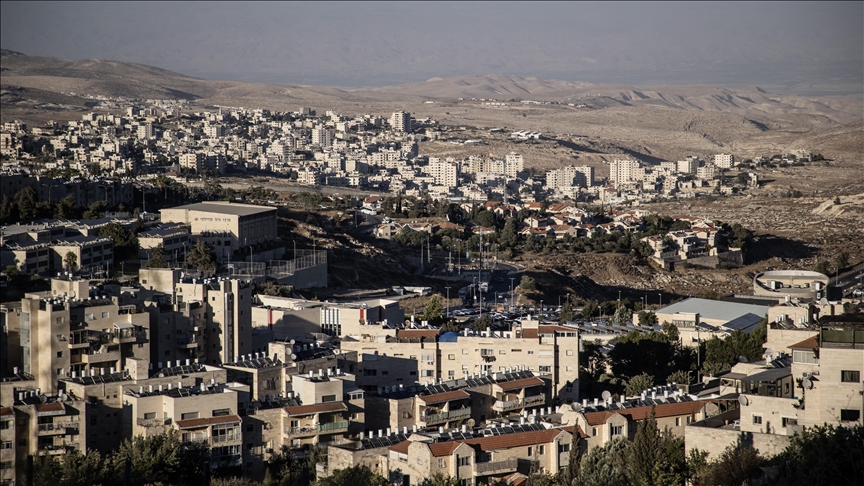
What Did They Say?
Commenting on the ongoing developments, journalist Abdulla al- Amadi said, “More than a hundred countries are gathering at the United Nations to discuss either a settlement or the liquidation of the Palestinian issue through the idea of a two-state solution.”
He described the current proposal as “a Palestinian state stripped of substance, arms, authority, and voice, run by Mahmoud Abbas and his clique, alongside a fully-fledged Zionist state, backed by East and West with weapons and more, led by war criminals.”
Al-Amadi added on X, “The Zionist regime did not attend the conference, nor does it recognize it or its outcomes, and it continues with its projects to annex the remaining parts of Palestine.”
“The United States, the main lifeline of the Zionist regime, boycotted the conference and also refused to recognize its recommendations.”
“I do not know where the Palestinian state will be established if the Zionist regime swiftly annexes the West Bank, Jerusalem, and the remaining parts of Palestine.”
He argued that the Arab desire to settle the issue has become intense, and that “the only party that understands the core of the problem and the conflict is Hamas. This is why the entire world is united in disarming it and smearing its reputation by all means possible.”
Palestinian writer Meqdad Jameel tweeted, “A state or a sack of flour? Definitely the sack of flour.”
“Feeding our children now is the priority. Otherwise, who will have a state? This is what everyone in Gaza would say if you asked them about these empty recognitions. What recognition now, while we face extermination, daily killing, and starvation?”
“The British prime minister said, in what I can only see as a deeply ironic statement, that if Israel does not take steps to end the crisis in Gaza by September, they will recognize a Palestinian state. So recognition is conditional, and if the crisis ends and people eat, then no recognition,” he added.
“They are forcing us to choose between a state and food. If we do not eat, who will the state be for? And if we do eat, then to them, we are merely transient humans passing through the earth: no recognition, no state, no land, nothing.”
“The international recognitions of Palestine are, for now, little more than pressure on Israel, seen by Israeli opposition as a failure of their government, perhaps except the early recognitions by Spain and Ireland,” he concluded.
khaled Odetallah addressed the final statement of the two-state conference, which called for the disarmament of Hamas, arguing that its endorsement by Arab and Islamic countries revealed what had been hidden from the start, in reality, support for a campaign of extermination.
He added that the promised Palestinian state would amount to little more than municipalities and regional emirates, shaped by the settlers and the visions of Finance Minister Bezalel Smotrich and far-right National Security Minister Itamar Ben-Gvir, marked by occupation and religious zealotry.
More broadly, some opponents of unilateral recognition of a Palestinian state argue that such a move is purely symbolic when carried out without cooperation from “Israel.”
They contend that a Palestinian state can only emerge from negotiations between the conflicting parties, according to the Times of Israel on July 26, 2025.
However, supporters of the move counter that the current Israeli government shows little interest in such talks or in a two-state solution, and therefore diplomatic pressure remains the only viable means to advance the framework.


